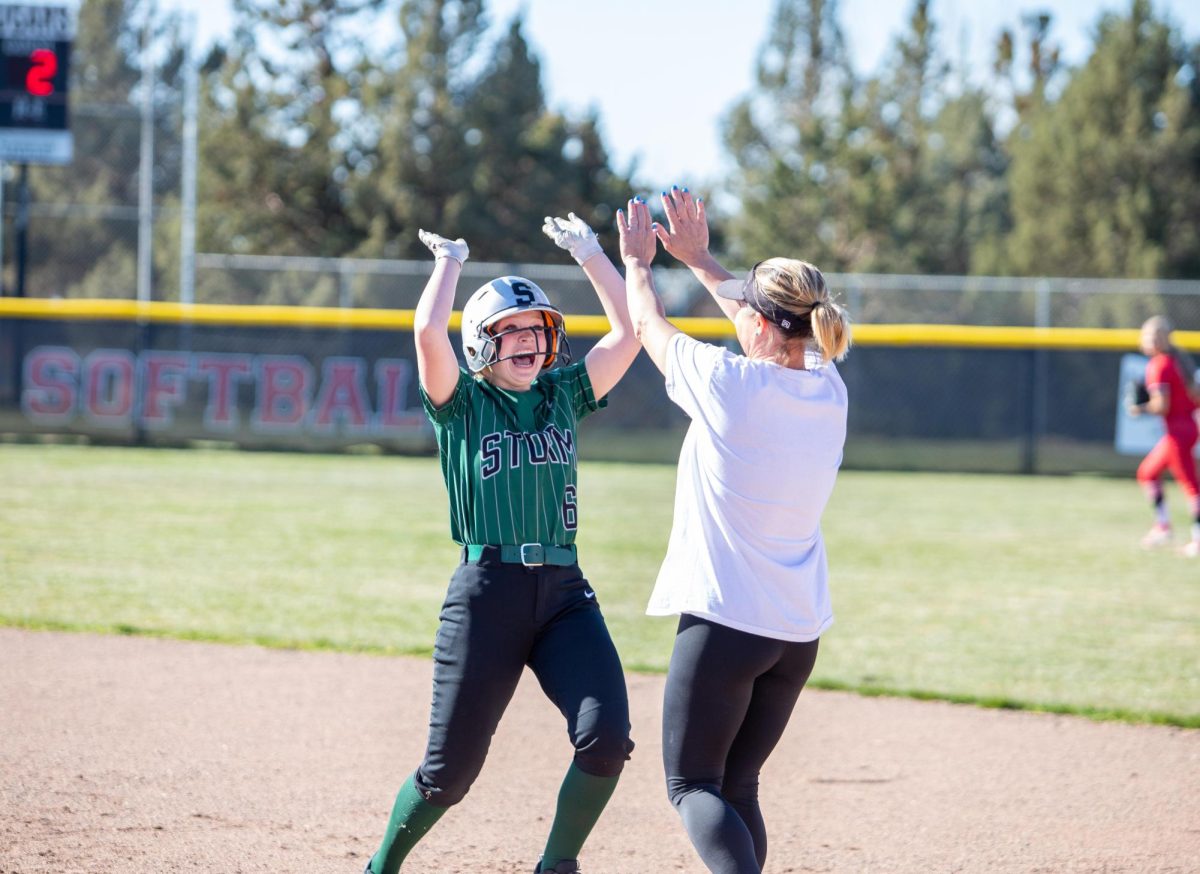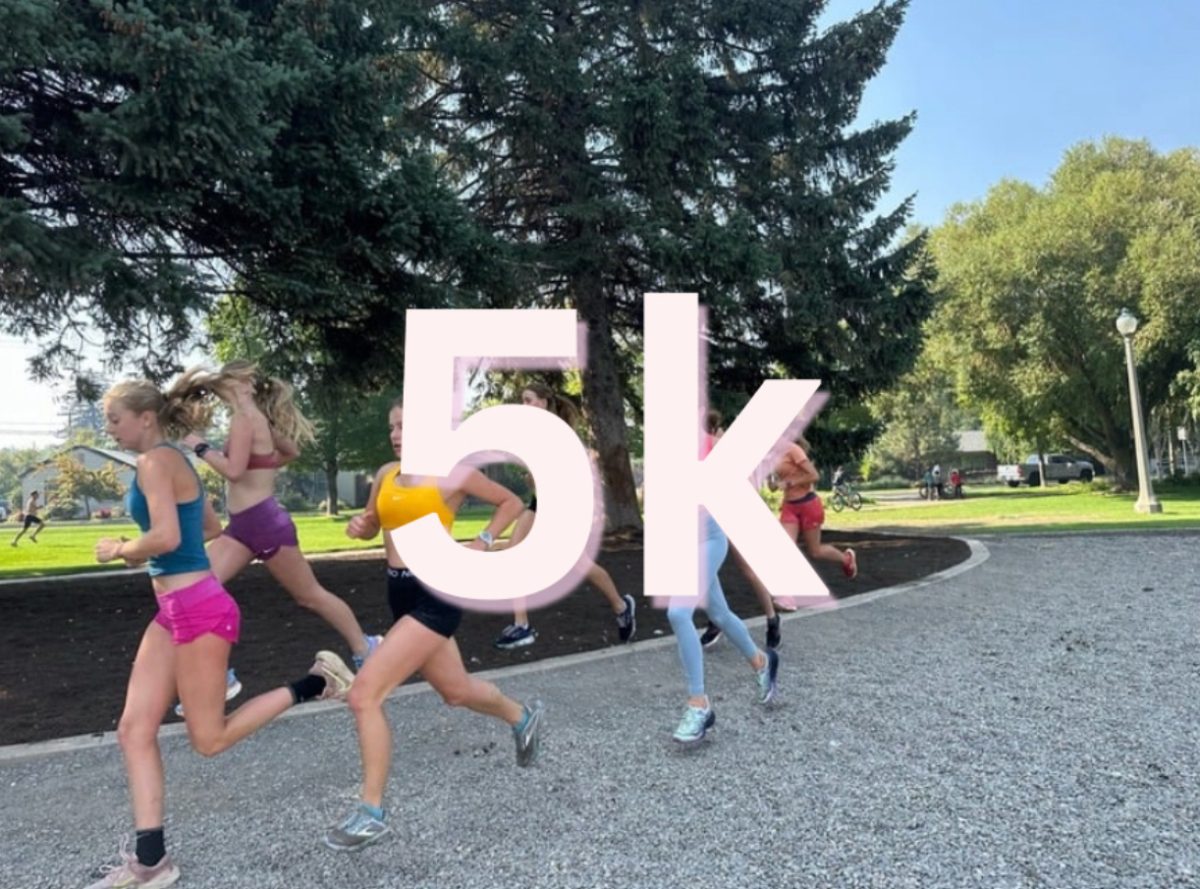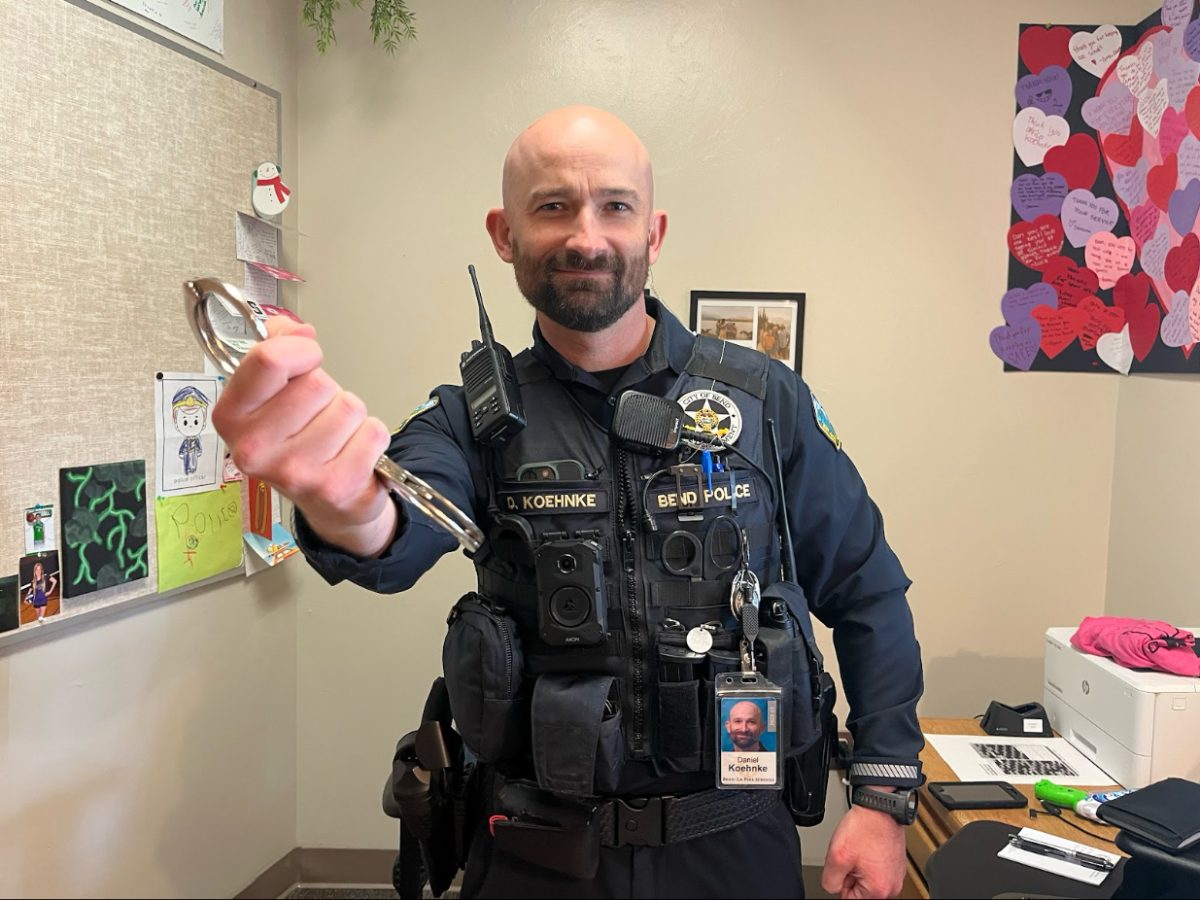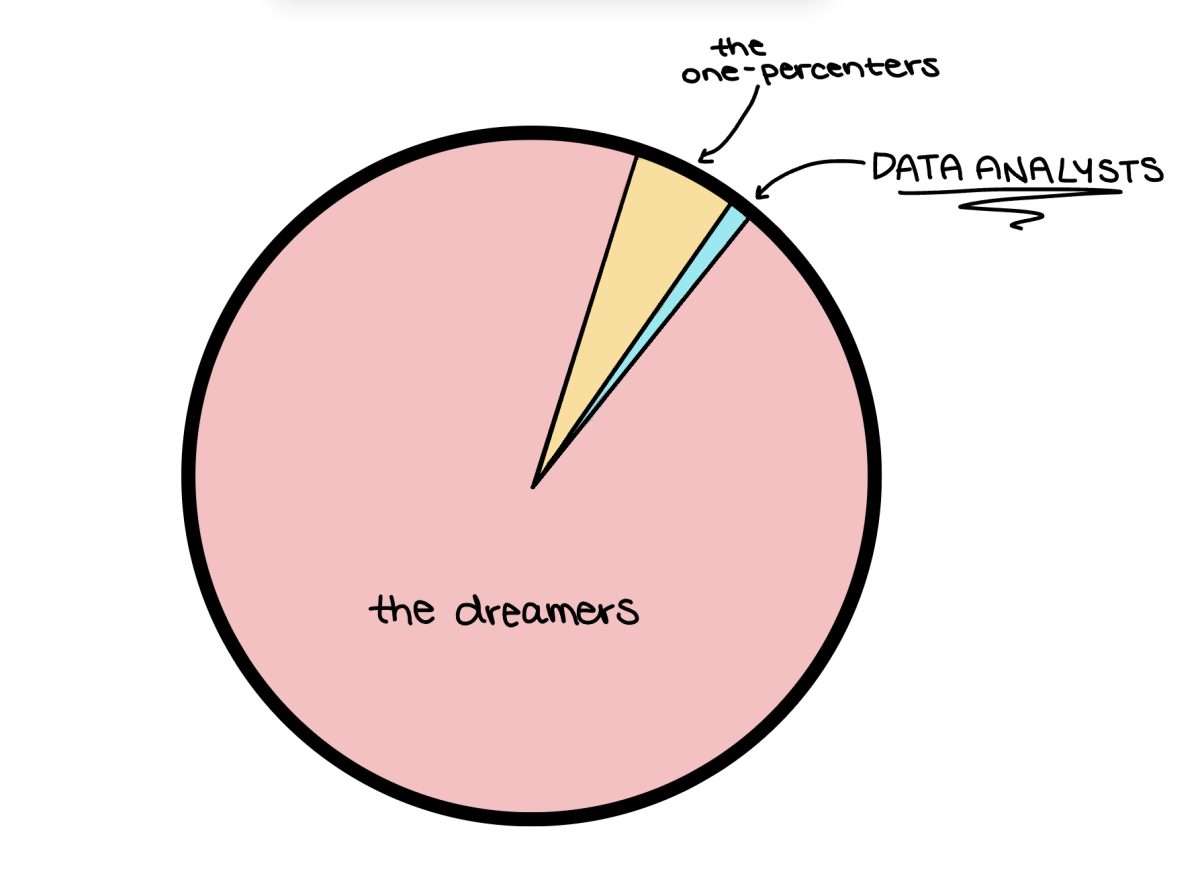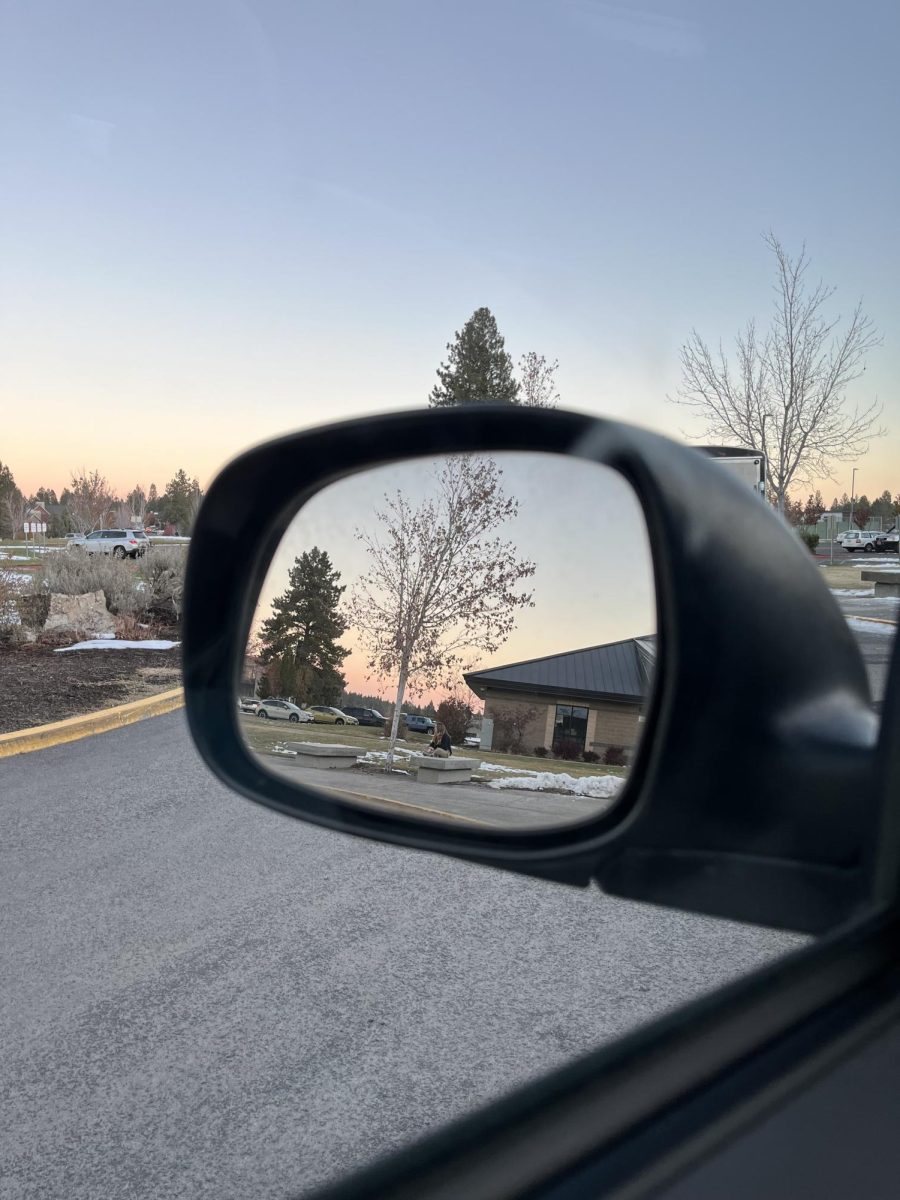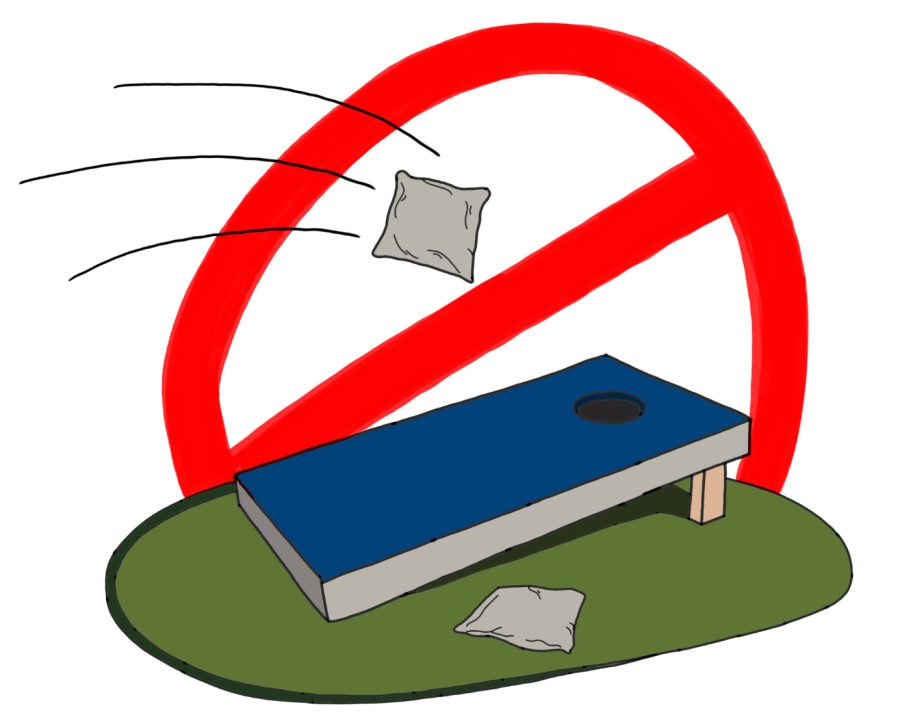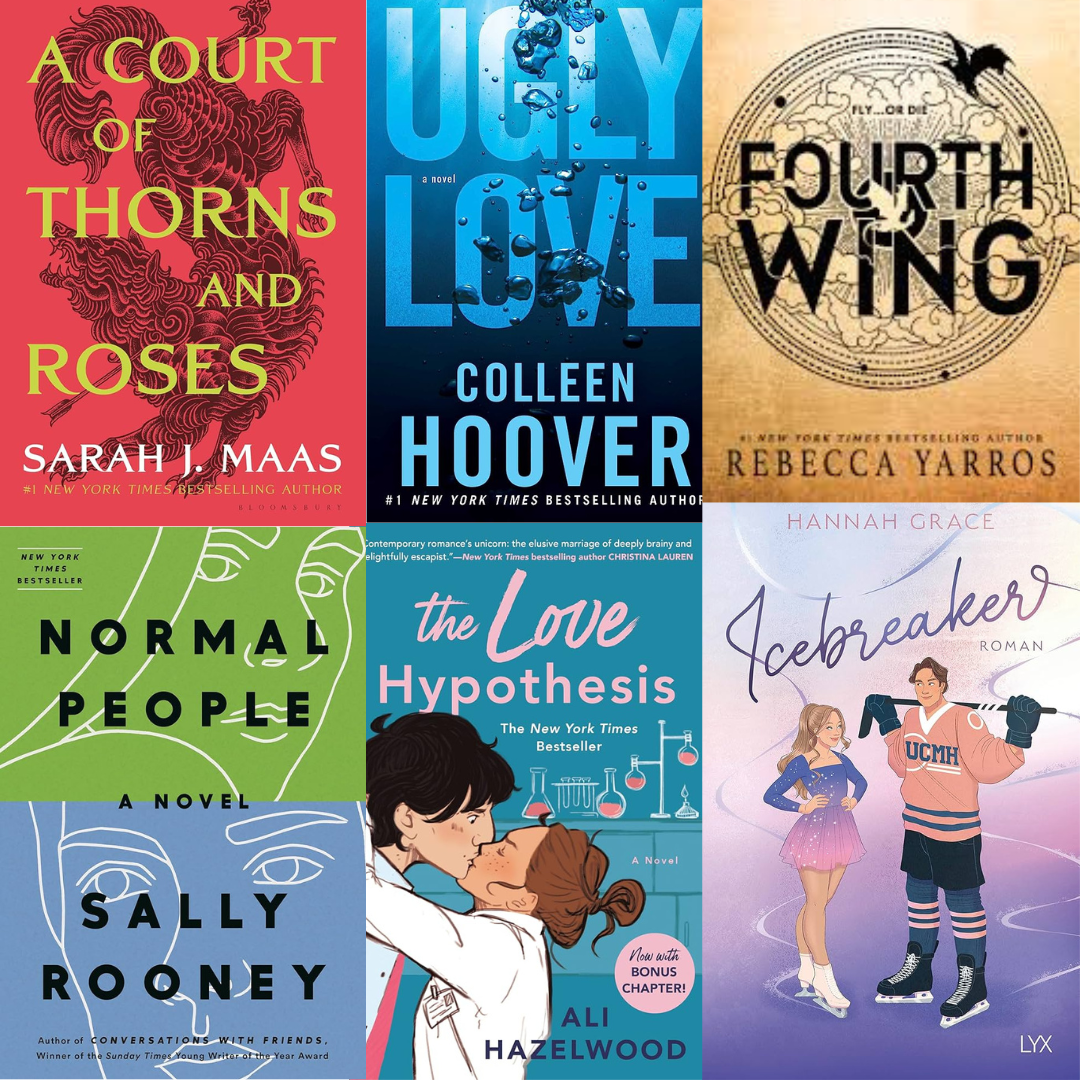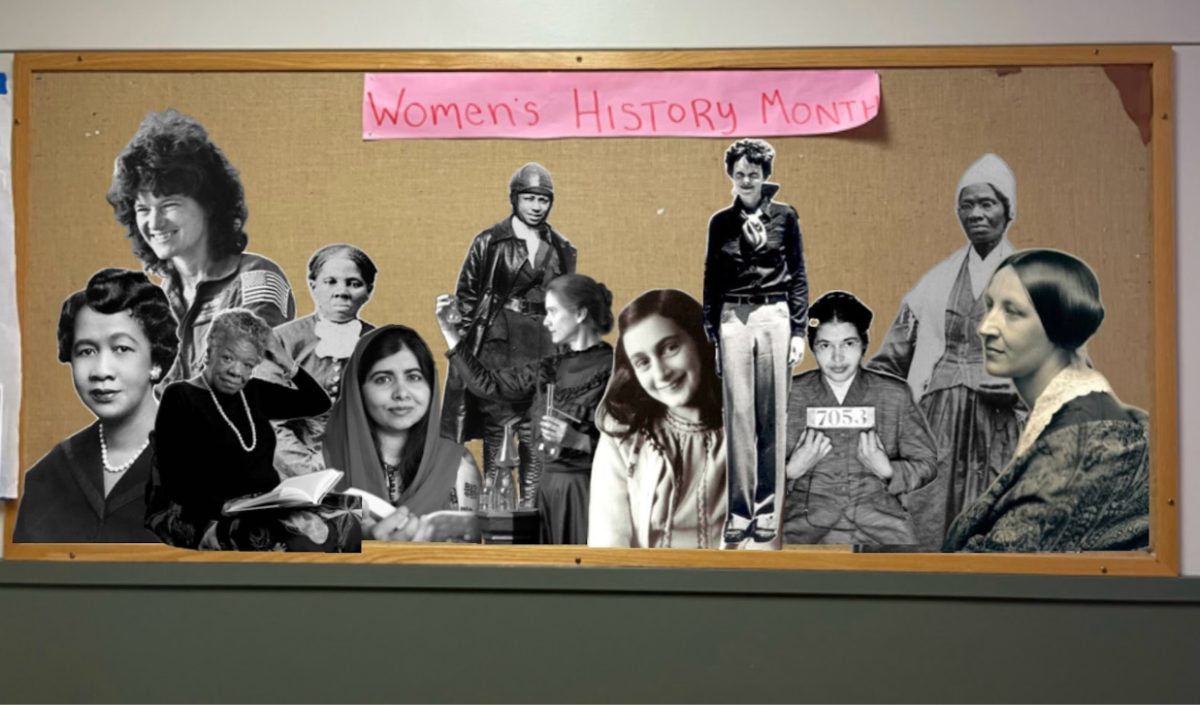When walking down a hallway at Summit I came across a pink sign pinned to a board on the wall, crooked and peeling off as if it was an afterthought. The sign read “Women’s History Month,” and below it was an overwhelming amount of blank space. Unfortunately, this is an extremely accurate representation of what Women’s History Month is to most Summit students: unheard of and insignificant.
Aside from this depressing sign, trivia, selected books and a puzzle (most of which are in the library), this is all Summit has to show for Women’s History Month. What good is designating March to Women’s History if no one is doing anything to celebrate it?
“Women are contributing members of society and are trailblazers in their own way,” said librarian and teacher Eila Overcash. “They are powerful and smart, and it bears reminding.”
She elaborated that this needs to be recognized regularly. We don’t have equal representation in our history textbooks, and it seems the only way Summit students are being taught about these figures is if teachers go out of their way to teach it (on top of required teaching).
“We definitely learn more about male figures,” Freshman Autumn Junker, who has been noticing that the only time minorities are mentioned in teachings is when her World History teacher Patrick Kilty goes out of his way to mention them. If our curriculum doesn’t enforce these reminders during March, or any other designated month for that matter, then why even have a Women’s History Month?
In a TIME article by Nancy Goldstone titled “I’m a Historian, and I Think Women’s History Month is a Mistake” she voiced this concern that Women’s History month isn’t accomplishing what it should.
Goldstone explained that Having Women’s History month minimizes the blowback that some conservatives, who think female influence is unimportant, would otherwise have to face. She believes that since we have this month dedicated to historical women, then it implies that there’s no reason to incorporate these historical women in another discipline. So while Women’s History month may seem inclusive, Goldstone expressed that it’s actually the opposite.
By designating March as Women’s History Month, it implies that historical female figures only have to be highlighted one month of the year. It’s sending the message that Women are more secular in their achievements compared to men and in turn it promotes the imbalance and inequality between men and women. Instead, we should be equally celebrating everyone’s achievements year round.
Sophomore Evelyn Liew shares a similar view about Women’s History Month. With little done at school to celebrate, it doesn’t seem to hold the significance it should.
“People are trying to promote equality by having women’s history month but by confining it to only a month I feel like it’s building more separation,” said Liew.
And the same separation that’s created for Women’s History month can be seen for other designated months like Pride month, Asian Pacific American Heritage month, Black History Month, National Deaf History month, and more. This separation is also seen by Morgan Freeman in a statement recorded by Variety.
“Black History Month is an insult. You’re going to relegate my history to a month?” said Freeman. He went on to explain that Black history is world history. It isn’t fair to confine and shrink down any integral subject of our history to just one month or day of the year.
“It implies that once we’ve done Women’s History Month, once we’ve done Black History Month, then we’re off the hook,” explained Overcash.
While celebrating Women’s History month does spotlight female historical figures and in turn influences people to acknowledge them more, it isn’t achieving what it should. We should all take Freeman’s advice and view Women’s History as world history (because that’s literally what it is).
However, this unfortunately isn’t reflected in our curriculum, with history textbooks rich in male accomplishments and extremely scarce in female achievement. It’s not surprising that when asked why there are more men than women in our history curriculum, students like Junker are inclined to believe women weren’t as historically impactful as men.
In student Brittany Borowski’s Undergraduate honors thesis from Eastern Illinois university she wrote an essay titled “Blank Pages: The Representation of Women in High School,” in which she researched this major issue with our textbooks.
She explained that so many American high school history textbooks are heavy on politics, battles, and wars, which completely disregards America’s social history and those left behind at home (the women).
As well as this, Borowski emphasizes that many textbooks will only mention women and other groups by way of representing the oppression they went through, not who and what they did to overcome it.
“While tradition as it has stood for so many years may argue that males dominate history, in the modern day historians present history not as great white men making political choices but the interworking of people of all races, classes and gender,” said Borowski.
At the end of the day we are all people, living on the same planet, sharing the same world history. Women’s History Month’s purpose shouldn’t be about historical women getting more attention only in March, but about coming together to help broaden the knowledge of these female figures.
After all, without Rosa Parks, Harriet Tubman, Clara Barton, Malala Yousafzai, Mother Teresa, Susan B. Anthony and countless others, we wouldn’t be anywhere close to where we are today.









